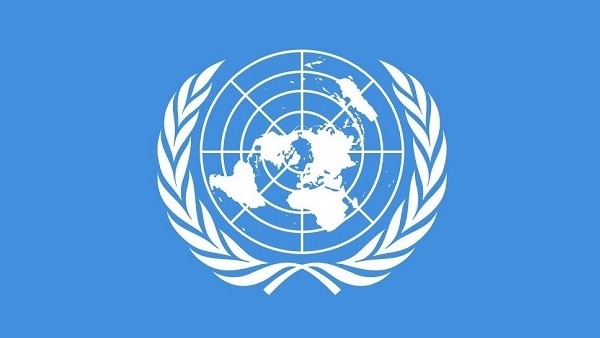
The International Commission of Human Rights Experts on Ethiopia warns that ongoing human rights abuses in Ethiopia require persistent independent investigations.
GENEVA (UN Human Rights Commission) – There is an overwhelming risk that human rights atrocities will continue Ethiopia, and it is vital that independent investigations into the country’s dire human rights situation persist, the International Commission of Human Rights Experts on Ethiopia warned in a new report released on October 3, 2023.
“We are gravely concerned about the situation in Ethiopia and the potential for future atrocities,” said Mohamed Chande Othman, Chairperson of the Commission. “Our report shows that the overwhelming majority of risk factors for future atrocity crimes are present in Ethiopia, including ongoing serious violations, widespread violence and instability, and deeply entrenched impunity.”
The warning follows another Commission report, presented to the UN Human Rights Council earlier this month, which concluded that war crimes and crimes against humanity have been committed in Ethiopia since 3 November 2020.
The latest detailed findings are based on an assessment of the risk factors for atrocity crimes, which are considered to be the most serious crimes against humankind. These crimes – including genocide, war crimes and crimes against humanity – are identified in the UN Framework of Analysis for Atrocity Crimes. The Commission’s report found that all eight of the common risk factors and the majority the specific risk factors are now present in Ethiopia.
“There is a very real and imminent risk that the situation will deteriorate further, and it is incumbent upon the international community to ensure that investigations persist so human rights violations can be addressed, and the worst tragedies averted,” said Steven Ratner said, an expert of the Commission.
Despite the signing of a Cessation of Hostilities Agreement almost one year ago, the Commission has determined that serious violations continue in Tigray region. It has confirmed the ongoing presence of Eritrean forces in Ethiopia, and continuing atrocities against civilians, in particular rape and other forms of sexual violence.
The Commission has also expressed alarm about the deteriorating situation in Amhara region, including emerging reports of extrajudicial killings and mass arrests. Most, if not all, of the structural drivers of violence and conflict remain unaddressed.
“One of the Human Rights Council’s most important roles is to help prevent human rights violations and respond to human rights emergencies,” said Radhika Coomaraswamy, a an expert of the Commission. “The situation in Ethiopia clearly merits such attention and it is vital that this continues.”
The mandate of the Commission, first established by the Human Rights Council in 2021, currently expires at the end of the Council’s 54th Session on 13 October 2023.
Source: UN Human Rights Commission
